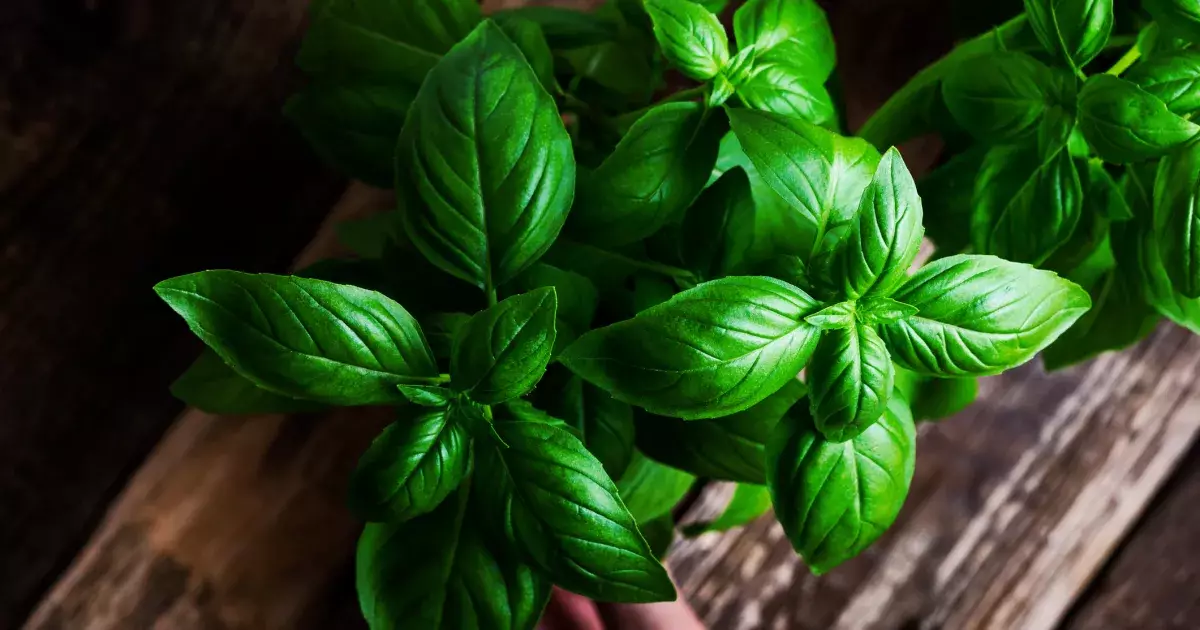Many dog owners will be relieved to learn that basil is not only safe for canine companions but may also provide various health benefits. While it shouldn’t be regarded as a staple of your pet’s diet, introducing this aromatic herb as an occasional treat or supplement can improve your dog’s overall well-being. However, it’s crucial to consult with a veterinarian before introducing any human food into your dog’s regimen, including basil.
A Nutritional Powerhouse
Basil is rich in essential vitamins and minerals that can contribute positively to a dog’s health. For instance, this herb is packed with vitamins A and K, both vital for numerous bodily functions, including blood clotting and vision. Vitamin A supports eye health, while Vitamin K plays a role in maintaining healthy bones. Moreover, basil contains magnesium, which has beneficial effects on muscle function and energy levels—important qualities for keeping your furry friend active and playful.
While the positive attributes of basil are compelling, some studies suggest it might also assist dogs suffering from ailments such as arthritis and anxiety. The herb’s properties may even help manage blood sugar levels, making it a candidate for aiding diabetic dogs. When taken in moderation, basil can serve as a beneficial supplement, enhancing your dog’s dietary intake without overwhelming their system.
Antioxidant Richness
A highlight of basil is its abundance of antioxidants, most notably beta-carotene. This compound plays a vital role in protecting cells from damage and reducing inflammation, which can help mitigate various health issues in dogs. Antioxidants are known for their ability to combat oxidative stress, a factor often linked to various diseases. By incorporating basil into your dog’s diet, you may offer them additional protection against cellular damage, helping pave the way for a longer, healthier life.
Adding Basil to Your Dog’s Diet
Integrating basil into your pet’s meals can be remarkably simple. Both fresh and dried basil are safe to use, and sprinkling a little dried basil over your dog’s normal food can be a delightful way to enhance flavor and nutrition. If your pet shows interest in fresh basil, feel free to offer it directly—most dogs find the fragrant leaves quite appealing. However, it’s imperative to exercise caution; while basil itself is safe, basil-based dishes like pesto often contain harmful ingredients, such as garlic and onions. Always keep it simple—plain basil is the way to go.
Moderation is Key
While basil can be beneficial, moderation is critical. Each dog is unique, and some may have sensitivities to new foods. Therefore, it’s best to consult with a veterinarian about how much basil is appropriate for your particular dog. They can provide guidelines to ensure your four-legged friend reaps the benefits without any adverse effects. Ultimately, basil may just be the herbal boost your pet needs to thrive.

